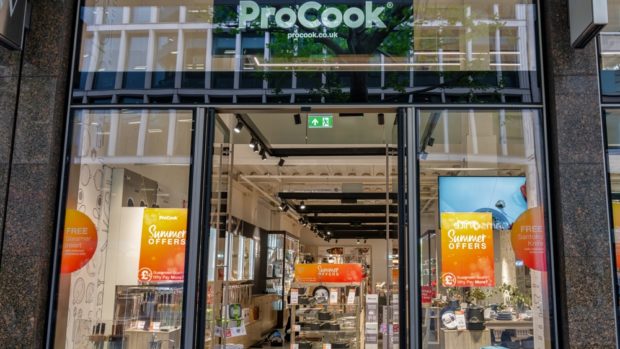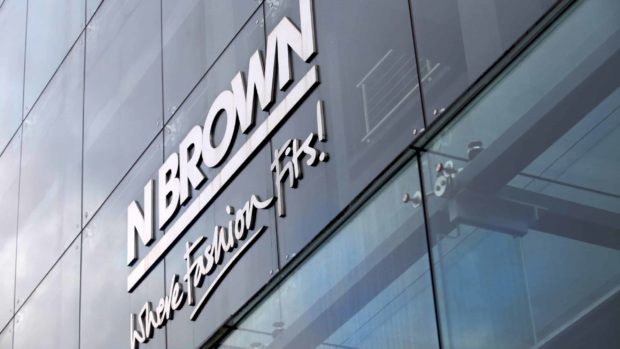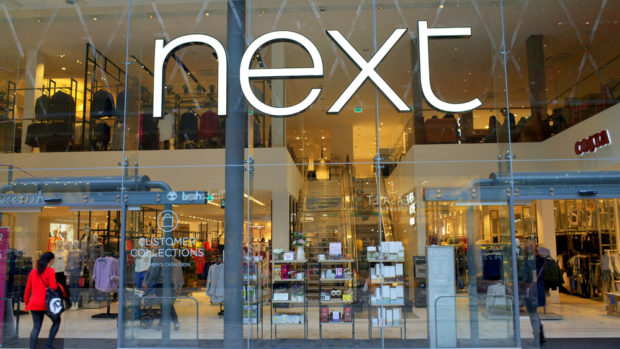Samsung Electronics Co., Ltd. today revealed the results of a study which reveals that post-pandemic fear is hurting businesses as leaders drag their heels on making big decisions about their future. Surveying 1,000 business executives across the UK last month, research shows that 65 per cent of businesses are frustrated about having to invest more capital due to avoidable delays in decision-making, putting the CFO in a powerful position in 2022 as leaders attempt to break this financial deadlock.
With 43 per cent of business leaders saying they believe the CFO wields more power this year versus 2018-19, ahead of the CEO (36 per cent), COO (36 per cent) and CTO (31 per cent), it is clear that worries about budget concerns (34 per cent) and inflation (33 per cent) are playing heavy on executives’ minds. However, on the flip side, 55 per cent of business leaders indicated that they are looking for ways to return to greater optimism and business prosperity as a top priority this year. There is a firm understanding that cutting bureaucracy is key to success – especially when 7 in 10 (70 per cent) feel that there are more hoops to jump through than ever before when it comes to business decision-making at their firm.
Causing businesses extra angst are the complexities that reside in the way purchasing decisions are made, especially when it comes to technology hardware, services or solutions. 30 per cent of businesses would like to slash the number of vendors their business works with, and over one-third (36 per cent) are looking for a ‘one stop shop’ solution when it comes to researching and buying tech solutions. With research showing that over one-third (34 per cent) of business leaders are now purchasing tech solutions online, it’s evident executives are embracing digital transformation and finding ways to dismantle old processes.
Commenting on the survey findings, Mark Seaman, Head of New Business Development, Samsung UK said: “Running a business is hard enough without extra complications like rising inflation, soaring energy prices, geopolitical challenges or other shocks to the bottom line. Our research clearly shows that business decision-making continues to stagnate in 2022 as leaders struggle to shrug off decision-making fatigue in favour of more simplicity, streamlined purchasing and an all-around more collaborative experience.
The traditional B2B purchasing flow is known for being notoriously complex, multi-layered and rigid, and businesses are looking for ways to diffuse the pressure points that allows them to move forward. With 71 per cent of businesses wanting to invest more budget in tech this year, more needs to be done to facilitate this in a way that helps businesses drive towards commercial success. When the average financial loss per business (due to delays in decision-making) comes in at £1.2m this past year, business executives cannot afford to take further financial hits.
And when it comes to extra time, over 1 in 5 businesses (26 per cent) said decisions typically take 5+ months longer to get over the line in 2022 (versus 1-2 weeks in 2018-19) and just under 10 per cent reported they had lost up to £2m due to lag when it comes to making effective business decisions. More needs to be done to return UK PLC to growth mode.








Share